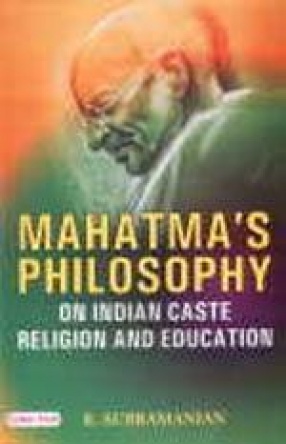Gandhi’s conceptualization of political life and redefinitions of such central concepts as liberty (Swaraj), equality (Samata), citizenship (Nagarikata), rights (Adhikar), obligation (Dharma) and tolerance (Sahisnuta) also contain important insights and deserve close study. Like many Hindu philosophers Gandhi took little interest in the concept of human nature, largely because he took a radically individualistic view of man. Each individual was unique, followed his own path of moral and spiritual evolution and had a distinct swabhava, that is, a distinct and firm. But relatively open and within limits malleable constitution or nature. It was true that all men shared certain gunas or qualities in common. However these were too general and indeterminate to account for the unique constitution of each individual. The qualities were also largely passive, capable of neither mechanical nor teleological casualty and unable to explain human conduct. Since the concept of human nature had no explanatory power, it had neither theoretical nor practical significance for Gandhi.
Mahatma’s Philosophy on Indian Caste, Religion and Education
In stock
Free & Quick Delivery Worldwide
reviews
Bibliographic information
Title
Mahatma’s Philosophy on Indian Caste, Religion and Education
Author
Edition
1st ed.
Publisher
Cyber Tech Publications, 2008
ISBN
8178843407
Length
viii+294p,.
Subjects






There are no reviews yet.